By Laurel Rossi, Co-Founder, Creative Spirit
Ariel Winter was just a child — the bright, brainy middle daughter on Modern Family, growing up on camera in front of millions. Her character was smart and endearing. Offscreen, however, Ariel became the target of harsh criticism, sexualization, and ridicule from complete strangers — many of them adults. Grown people dissected her appearance, speculated about her body, and projected cruelty onto a 14-year-old simply because she was visible. Because she was there.
This wasn’t about who she was. It was about what people felt entitled to say when they thought their words didn’t have consequences. The damage, however, was real. Ariel Winter, now in her late 20s, has openly shared how this experience shaped her self-image and left lasting emotional scars.
Innocence Under Fire
Elsewhere, away from Hollywood, a Syracuse-educated young woman with a disability starts her summer job at a day camp in her hometown. On the very first day, a 5-year-old camper looks up at her and says, “You’re stupid.” No context. No cause. Just an unprovoked insult delivered by a child too young to fully grasp what they were saying — but old enough to have absorbed that some people are easy targets.
Two very different lives. One through the lens of a TV camera, the other in the quiet routines of a local camp. And yet, both reflect the same painful truth: innocence is often under fire, especially when it exists in bodies or identities that society doesn’t fully embrace or understand.
Words can seem small in the moment, but their echo can last a lifetime. What people say — or feel entitled to say — to children, to women, to people who live outside their expectations, doesn’t disappear when the moment passes. It embeds. It lingers. It shapes.
Whether shouted from a digital mob or whispered by a child still forming their view of the world, unkindness has a way of traveling — crossing years, spaces, and identities. And often, it lands on the most innocent of targets.
When Words Become Wounds
The emotional and psychological consequences of sustained verbal cruelty — especially during childhood or adolescence — are not just anecdotal. They are well-documented in medical literature. Some of the common long-term effects include:
- Complex PTSD (C-PTSD): Resulting from ongoing emotional harm, particularly in childhood.
- Anxiety Disorders: Including chronic self-doubt, social anxiety, or hypervigilance in public spaces.
- Depression and Suicidality: Fueled by internalized shame, alienation, and a feeling of being “not enough.”
- Body Dysmorphia: Often seen in those who were publicly criticized for their appearance.
- Physical Health Impact: Research shows that chronic psychological stress can weaken immune function and increase vulnerability to illness.
What’s especially insidious is that verbal abuse is often minimized. People will say “it’s just words” or suggest that the person should “toughen up.” But neuroscience tells us otherwise: the brain processes emotional pain and social rejection using the same regions activated by physical pain. Words leave bruises — the kind no one sees, but that the body remembers.
The Pendulum Effect
The emotional and psychological consequences of sustained verbal cruelty — especially during childhood or adolescence — are not just anecdotal. They are measurable, lasting, and devastating. Roughly 20% of individuals exposed to long-term emotional abuse or persistent verbal cruelty will develop Complex Post-Traumatic Stress Disorder (CPTSD) — a condition that can include flashbacks, social withdrawal, insomnia, and emotional numbness. For others, the damage may manifest as depression, anxiety, disordered eating, or other self-destructive behaviors.
And yet, a fortunate few — under the right conditions — may experience post-traumatic growth. These are the individuals who, against the odds, find meaning in their suffering and emerge with greater empathy, deeper relationships, and a renewed sense of purpose. But this kind of growth is rare — and never guaranteed.
Turning the Tide for Good
The ability to bond with others, develop emotionally, grow spiritually, or simply find joy in everyday life can either be eroded by trauma or strengthened through healing. Which direction it swings depends largely on what happens next: whether someone is met with compassion and support, or with indifference and silence. And, the unintended consequences, this time, will be building the kind of world we’d all rather live in.







